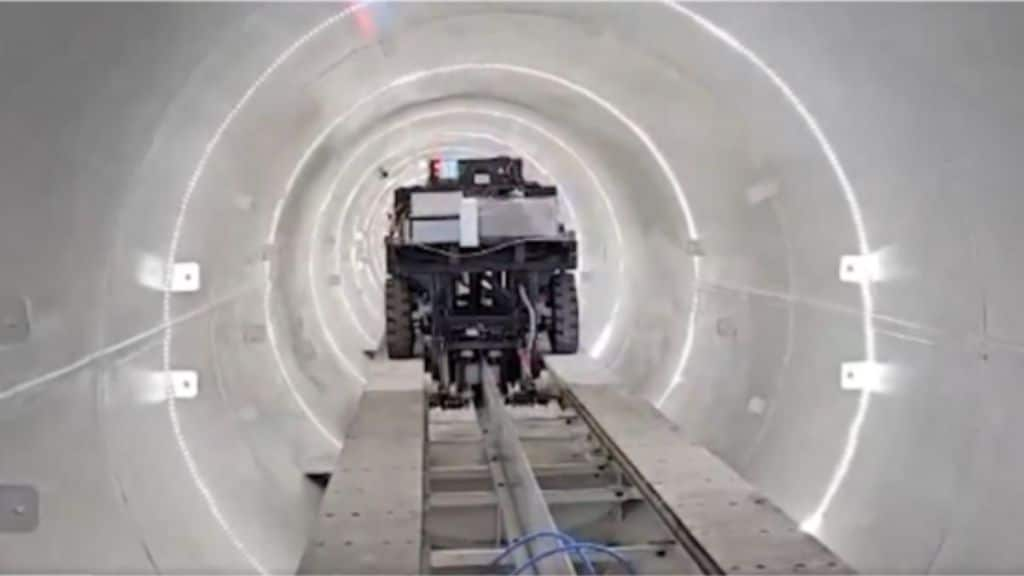IIT Madras, with support from the Ministry of Railways, has developed India’s first hyperloop test track — a 422-meter-long facility designed to allow high-speed trains to travel through a near-vacuum tube at speeds exceeding 1,000 km/h.
Highlighting the importance of collaboration between the government and academia, Union Minister Ashwini Vaishnaw shared the news on X, emphasizing how such partnerships are driving innovation in futuristic transportation technologies.
Initial tests on the hyperloop track demonstrated that a distance of approximately 350 km could be covered in just 30 minutes. This could allow passengers to travel from Delhi to Jaipur — a journey of around 300 km — in less than half an hour if implemented on a larger scale.
The hyperloop project at @iitmadras; Government-academia collaboration is driving innovation in futuristic transportation. pic.twitter.com/S1r1wirK5o
— Ashwini Vaishnaw (@AshwiniVaishnaw) February 24, 2025
“The first 422-meter pod is just the beginning — it will play a crucial role in developing advanced technologies,” Vaishnaw said. He also announced that following two previous grants of $1 million each, IIT Madras would receive a third grant of $1 million to continue its work on the hyperloop project.
Vaishnaw further added that Indian Railways would launch the first commercial hyperloop project once the technology is fully tested and ready for deployment.
“We will identify a suitable route, ideally around 4,050 kilometers, for commercial freight transportation,” he said.
The project, built at the IIT Madras campus and funded by the Ministry of Railways, aims to develop a transportation system capable of achieving near-supersonic speeds. The trains, traveling within vacuum tubes, will use electromagnetic levitation to float above the track, effectively eliminating friction and air resistance — the key factors that enable such extraordinary speeds.
For context, Mach 1 — the speed of sound — is roughly 761 miles per hour (1,224.71 kilometers per hour).

